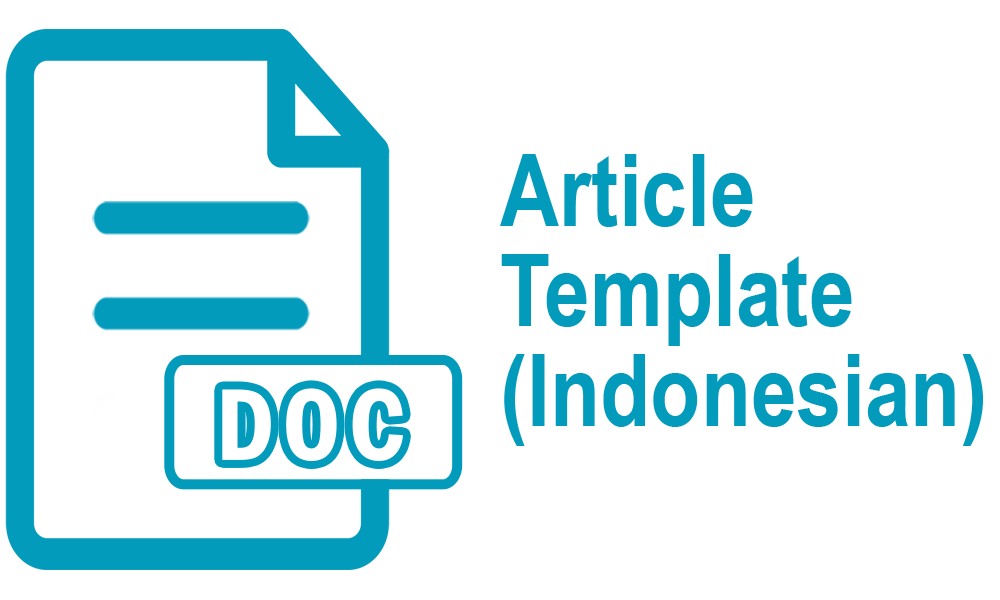SOCIAL CLASS REFLECTED ON TONY MONTANA IN BRIAN DE PALMA’S SCARFACE FILM (1983)
Abstract
This research analyze social class as the social phenomena, where social class became life purposes for someone to achieve to be prominent among the society, love and financially. Those phenomenon shows on a film called Scarface, that the researcher uses as the object of the research. From those movie social class portrayed as the most important things to their society life. This research purposed to understand social class on the main character of Scarface movie. This research uses descriptive qualitative method with sociological approach. Sociological approach that researcher uses, was Marx, and Max Weber concept of social class. Which the researcher use to look and identify the condition of the main character on Scarface. The researcher also uses seven tool of character assessment from Literary Element of Characterization from Francis Bacon to dig the reflection of social class on Tony Montana character in Scarface film. Conclusion of this research is The Scarface film, shows social class reflection of how an immigrant from communist Cuba reflected life of his social class and affects his social life in capitalist country The America.
Keywords
Full Text:
PDF (Bahasa Inggris)References
Abrams, M.H. A Golssary of Literary Terms Seventh Edition. USA: Thompson Learning. inc, 1999.
Andrew, Dudley. Concepts in Film Theory. New York: Oxford University Press, 1984.
Bacon, Francis. "Literary Elementz Characterization." Advancement of Learning 2003.
Balazs, Bela. Theory of The Film. London: DENNIS DOBSON LTD, 1952.
Barbalet, Jack. Principles of Stratification in Max Weber: An Interpretation and Critique. London, 2018.
Bennet, Andrew. Literature, Criticism, and Theory. London: pearson Longman, 2004.
Calvin. The Literary Merit of Film Scripts. 13 January 2016. 24 May 2018 .
Caroline. "Encounter and Ephipany." Reconstructing Literary Consciousness Through Film Adaptation 2012: 8.
Cartmell, Deborah. A Companion to Literature,Film, and Adaptation. Chichester: Blackwell Publishing Ltd, 2012.
Chan, Tak Wing. Social Status and Cultural Consumption. Cambrige: Cambridge University Press, 2010.
Deborah Rugg, PhD. "An Introduction to Triangulation." 2010.
Dobie, Ann. Theory into Practice. Boston: Michael Rosenberg, 2012.
Eduqas. Sociology. Max Weber and Social Class 2017: 1.
Faruk. Pengantar Sosiologi Sastra. Yogyakarta: Pustaka Pelajar, 2016.
Gibson, Nancy. A Step-by-Step Guide To Qualitative Data. Canada : University of Alberta, 27 August 2017.
Hess, Andrea. Concepts of Social Stratification European and American Models. Hampshire: Palgrave, 2001.
Higgenbotham, Kathryn. Sociology in Literature. Pittsburgh: University of Akron, 2014.
Klarer, Mario. An Introduction to Literary Studies. London: Routledge, 2004.
Lancee, Bram. Immigrant Performance in The Labour Market Bonding and Bridging Social Capital. Amsterdam : Amsterdam University Press, 2012.
Lebowitz. Creating Characters in a Story-Telling Universe. New York: Columbia University, 1984.
Lin,Nan. Social Capital A Theory of Social Structure and Action. United Kingdom : Cambridge University Press, 2004.
Oliver, Maria. The Use of Triangulation Methods in Qualitative Educational Research. College Science Teaching, 2006.
Parahoo, Bachelor of Nursing Studies. "A Quantitative Study of the Attitude, Knowledge and experience of staff nurses on prioritizing comfort measures in care of the dying patient in an acute hospital setting." 2011.
Patton, Michael Quinn. Qualitative Research Methods. London: Sage Publications, Inc, 2001.
Prawiradilaga, RG. An Analysis of Major Characters Characterization in Burgess’s. Bandung: PASUNDAN UNIVERSITY UNPUBLISHED UNDERGRADUATE THESIS, 2017.
Ser, Tan Ern. Does Class Matter? Social Stratification and Orientations in Singapore. Singapore: World Scientific Publishing Co. Pte. Ltd., 2004.
Sehandi. "Eksistensi Kelas Sosial". 2014: 179.
Stephens, Ian. "The Fourth Kind: Fact or Fiction." (2013): https://www.ufoinsight.com/the-fourth-kind-fact-or-fiction/.
THE MAKING OF A NATION. Dir. Paul Thompson. Perf. Rich Kleinfeldt. 2007.
Wiersma, Oliver. "The Use of Triangulation Methods in Qualitative Educational Research." Qualitative Paper 4 (2006): 43.
DOI: http://dx.doi.org/10.30872/jbssb.v5i2.3378
Refbacks
- There are currently no refbacks.
Copyright (c) 2021 Rizki Chaidier Hafiezd, M. Natsir, Fatimah M.
Editorial address:
Fakultas Ilmu Budaya, Universitas Mulawarman
Jl. Ki Hajar Dewantara, Gunung Kelua, Kec. Samarinda Ulu, Kota Samarinda, Kalimantan Timur, Indonesia 75123
Email: jurnalilmubudaya.fibunmul@gmail.com
Website: http://e-journals.unmul.ac.id/index.php/JBSSB
Ilmu Budaya: Jurnal Bahasa, Sastra, Seni, dan Budaya is licensed under a Creative Commons Attribution-ShareAlike 4.0 International License






